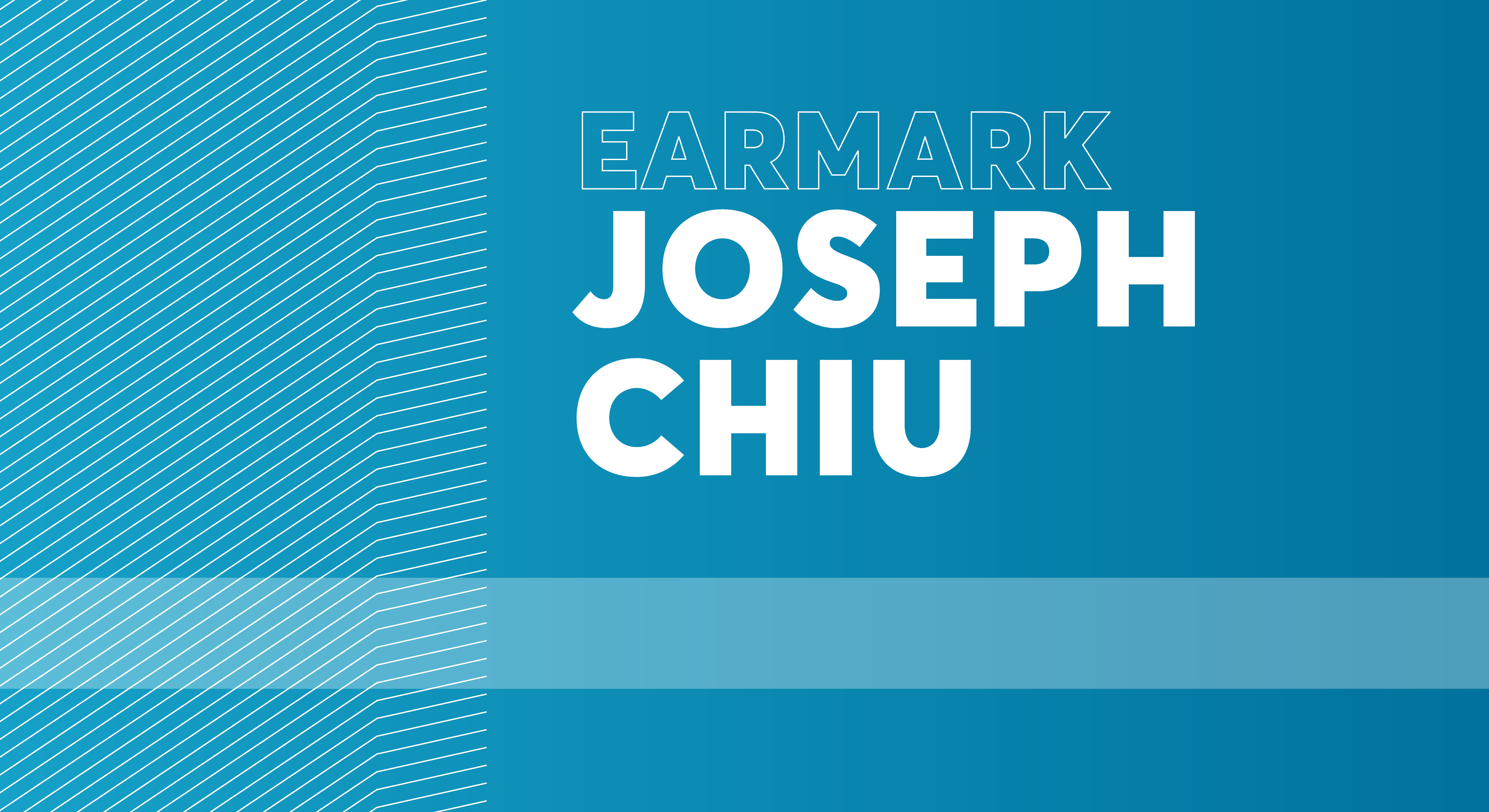In this instalment of Earmark, we catch up with Associate Composer Joseph Chiu about developing an intuition with pitch, finishing a degree during the pandemic, and finding compelling artistic and career-development programs.
Canadian Music Centre: How have you been adapting to the pandemic? Are you still collaborating, writing, editing, listening, researching? What has been your form of artistic engagement?
Joseph Chiu: The pandemic for me has been up and down. I was very fortunate to have an eventful 2020-2021 year. I was thinking about it one day and that year somehow actually ended up being one of my most productive years ever in terms of minutes of music written. The year since then has definitely been slower, but we’ll see how the rest of the year unravels.
I actually completed my masters degree right when the pandemic hit in the spring of 2020, but since then, I decided I would spend another year just for myself to figure things out and to focus wholly on the artistic side of my practice; some writing, some studying/researching/investigating…lots and lots of studying (I get a bit carried away with it). It’s been about 20 months since then and I think I achieved what I wanted to. Right now I’m beginning to shift gears a bit to work on some technical skills, mostly producing, sequencing, working with synthesizers, and diving a bit more into electronic music.
CMC: What is a significant insight that a mentor shared with you that has guided your practice?
JC: I got a really useful piece of advice from a previous mentor of mine, Linda Bouchard, when I was asking about something that has been a major weakness of mine as a composer for a long time: pitch. For some reason, it was just something that I could never really latch onto in a natural and intuitive sense, the way I could with other aspects of sound and music; I couldn’t feel it. I avoided really digging into it for a long time which probably didn’t help.
When I realized how much my denials around pitch were holding me back and was attempting to figure it out, Linda gave me a little piece of advice that really made me feel more at ease. She basically told me that the intuitive, natural sense that I had developed with all the other elements of music, that was what I had to achieve with pitch as well; I had to really be able to not just feel it, but simultaneously be aware of how pitch created and contributed to colour.
Linda gave me this exercise to do where I just sit at the piano and play simple intervals, starting with fifths, octaves, and clusters; and throwing away all the intellectual ways of thinking about pitch they teach you at the conservatory and instead just listening for colour. I honestly didn’t really feel like it would work at first, but I went ahead and did this exercise everyday anyways, and what do you know, she was right.
CMC: What is an important music concert/event you attended?
JC: I was able to attend one of my only in-person events of the pandemic back in October. I flew out to Vancouver for the Vancouver International Film Festival (VIFF) as part of the Talent Accelerator program they run for musicians in film. It was already great to be able to gather like that and to just feel the vibrancy and energy of a big (although reduced in size obviously) event following a long period of isolation. The people I had the chance to meet and interact with there… for someone like me, who is a composer in an earlier stage of their career, the amount of insight and perspective I was able to gather from that one curated weekend was well worth the trip and then some. I think it really came at the right time for me and it’s all stuff I still continue to take with me. Plus, I made some really wonderful and talented friends (and it also doubled as a very much appreciated vacation).

